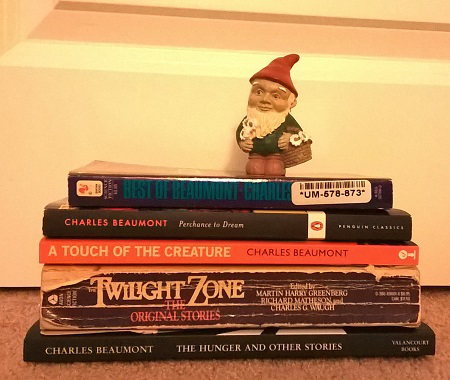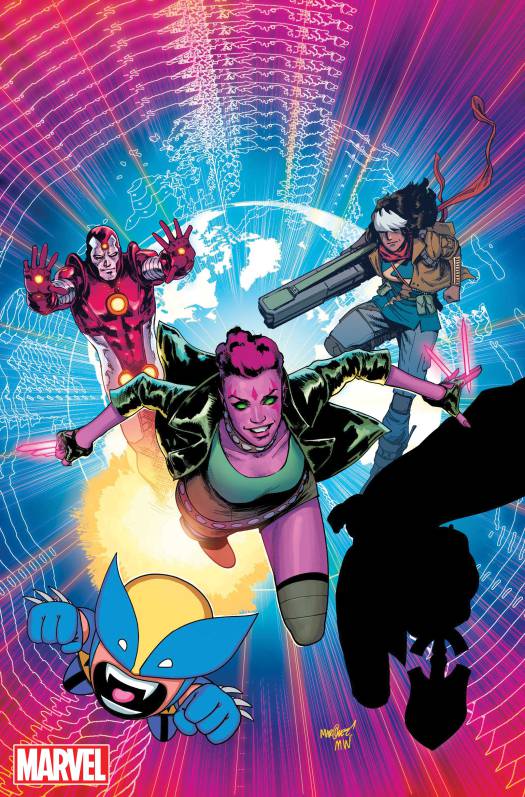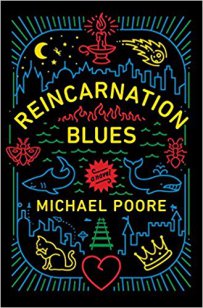Blog Post 15: The Wild Girl (1984)

I was born and grew up in Bethany, a large village on the eastern slope of the Mount of Olives, about fifteen furlongs south-east from the holy city of Jerusalem, on the road to Jericho.
‘The Wild Girl’ (since renamed ‘The Secret Gospel of Mary Magdalene’) is another of those novels I read as a student as part of the Women Writers unit. This novel was held up as an example of how women’s voices have been silenced in the Christian tradition. If Mary Magdalene could have spoken, this is what she might have said.
We don’t really know who Mary Magdalene was. Roberts shows her as Mary of Bethany, the sister of Martha and Lazarus, but mixes her in with other Mary figures who appear in the Gospels. And although it is no longer believed that Mary Magdalene was a prostitute, here Roberts portrays this in a believable way – after all, there weren’t many ways for women to be able to live independently.
It has also been said that Mary was perhaps a woman of means, able to help financially support Jesus and his followers as they moved around. One thing for sure is that she is a pivotal character in the Gospels. We know Mary Magdalene was a follower of Jesus, that she stood at the foot of the cross, and that she anointed his dead body. But most importantly it is to Mary Magdalene that the resurrected Jesus first appears. It is Mary that he sends to tell the others the good news. She is the first evangelist. Through Mary, we know Jesus valued women as equals. We know that he authorised women to preach, evangelise, and lead.
The stories that were canonised in the Bible in the early church were written from the male perspective. Women were second class citizens, without rights, seen as property and unable even to give witness in court. So Mary’s story would not have been chosen to go in the Bible. (Another interesting fact is that we don’t know who wrote the Book of Hebrews in the New Testament and I like to think this could have been written by a woman.) Roberts’ re-imagining is important.
I didn’t fully understand Jesus’ purpose in coming to us. He talked a great deal, on themes such as justice and the rights of the poor, and the love of the Most High whom he called our Father and Mother. But he was also often silent, and into this welcoming space people entered, pouring out their hearts, telling him all their thoughts. It was this, I thought, that made him different from our other visitors, and it was this which constituted him as a threat to the way of life our priests and rulers urged on us. Jesus was teaching us new ways. And so I began to fear for him.
Mary Magdalene, whoever she might have been, was a key figure in the life and teachings of Jesus. And while this novel has been see as blasphemous by some Christians, I believe it is an important book because it reclaims the good news for all. It reminds us that Jesus is what a feminist looks like.
Advertisements Share this:




